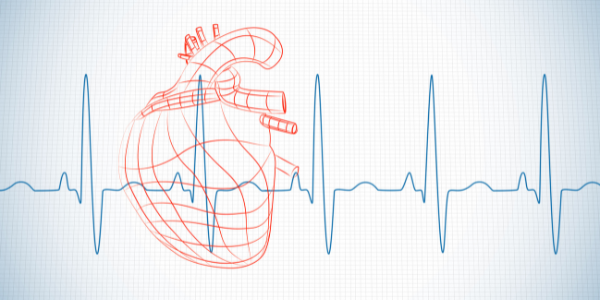Understanding how our bodies respond to stress can unlock a myriad of health benefits. One of the key indicators of our body’s adaptability to stressors is Heart Rate Variability (HRV). Let’s explore the link between HRV and the parasympathetic nervous system and how it can impact your health and wellness.
What is HRV?
Heart Rate Variability (HRV) measures the variation in time between each heartbeat. Unlike a consistently ticking clock, a healthy heart shows variability in the time interval between beats. This variability is a sign of the heart’s ability to adapt to different stimuli and stressors. High HRV indicates a responsive and resilient cardiovascular system, while low HRV suggests a reduced capacity to handle stress.
Understanding the Parasympathetic Nervous System
The parasympathetic nervous system, part of the autonomic nervous system, is often called the “rest and digest” system. It counters the “fight or flight” response of the sympathetic nervous system. When activated, the parasympathetic system helps:
- Promote relaxation
- Regulate heart rate
- Conserve energy
- Enhance digestion
The Link Between HRV and the Parasympathetic System
Higher HRV levels are indicative of dominant parasympathetic activity. This dominance means your body is better equipped to recover from stress, promoting overall health. When your HRV is high, it reflects a well-functioning parasympathetic system working efficiently to maintain balance and facilitate recovery.
Improving HRV and Parasympathetic Activity
Several lifestyle changes can enhance your HRV and parasympathetic activity:
- Regular Exercise
Consistent physical activity strengthens the heart and improves HRV. Activities like aerobic exercises, strength training, and even yoga can have significant benefits.
- Mindfulness Practices
Mindfulness and meditation practices are known to activate the parasympathetic nervous system. Techniques such as deep breathing, progressive muscle relaxation, and mindfulness meditation can increase HRV by promoting relaxation.
- Adequate Sleep
Quality sleep is crucial for maintaining high HRV. Aim for 7-9 hours of uninterrupted sleep per night to ensure your body has ample time to recover and recharge.
Why HRV Matters
For health enthusiasts, fitness professionals, and business executives, monitoring HRV can provide valuable insights into your overall well-being. A higher HRV is associated with:
- Reduced stress levels
- Better cardiovascular health
- Improved emotional resilience
- Enhanced recovery from physical exertion
By paying attention to HRV and adopting practices that promote parasympathetic activity, you can take proactive steps towards a healthier, more balanced life.
Conclusion
Incorporating practices that boost HRV and parasympathetic activity into your daily routine can significantly impact your health and stress management. Be mindful of your body’s signals and take steps to ensure it remains adaptable and resilient.
For more information on HRV and how it can benefit your health, stay tuned to our blog and join our community of health enthusiasts dedicated to optimal well-being.
—
Connect with us for more information.
















